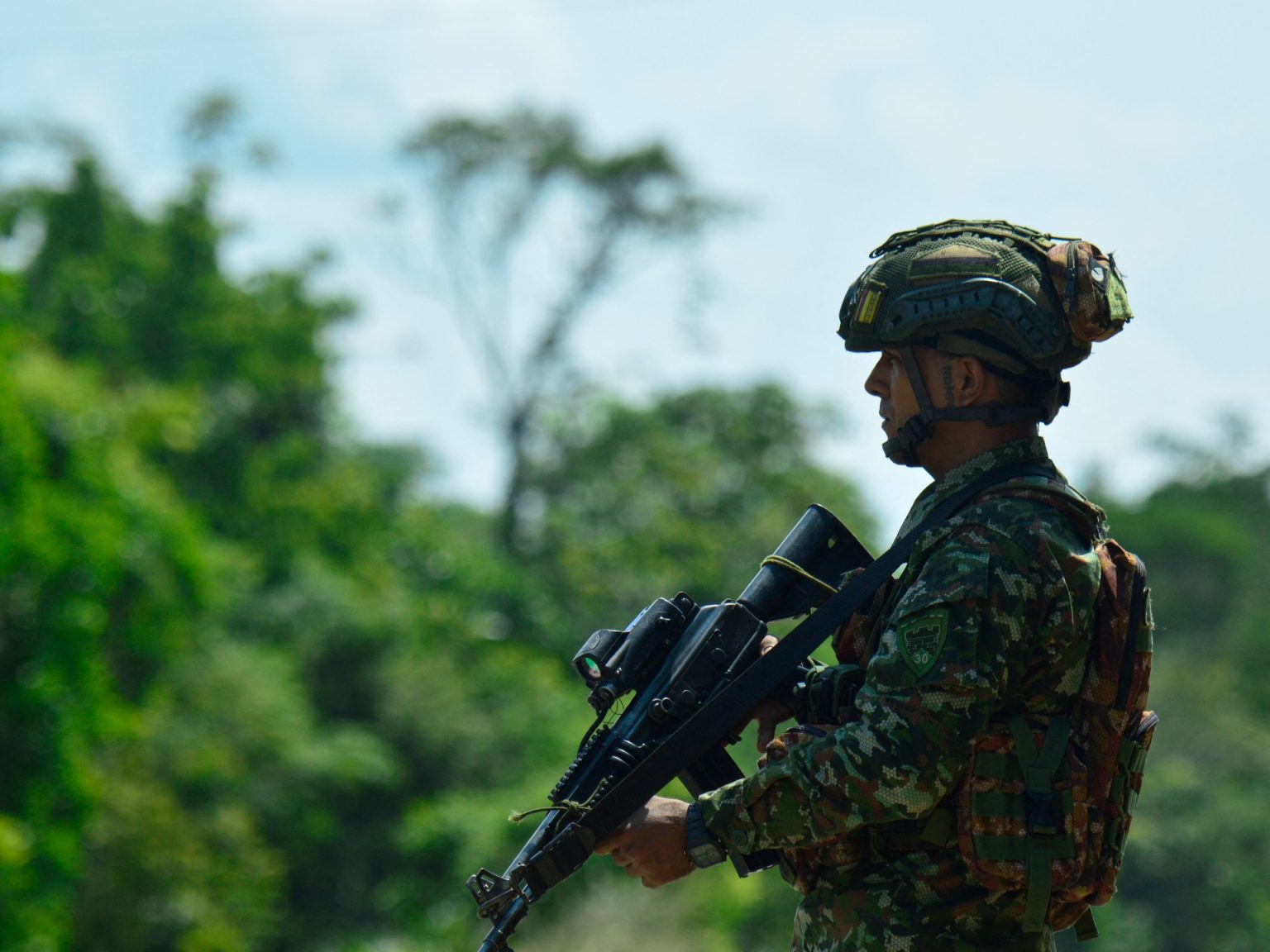The Colombian government has deployed special forces troops to the Catatumbo region, a mountainous area bordering Venezuela, in an attempt to quell escalating violence between rival rebel groups. This region, a significant coca-producing area, has long been contested by the National Liberation Army (ELN) and dissident factions of the Revolutionary Armed Forces of Colombia (FARC), both seeking to control lucrative drug routes. Although a truce had previously existed between these groups, recent days have witnessed a resurgence of hostilities, resulting in over 100 fatalities and displacing at least 20,000 people. This escalating conflict has prompted the government to declare a state of emergency and dispatch approximately 5,000 special forces soldiers to the town of Tibu in an effort to reassert state control and restore order.
The humanitarian crisis spurred by the conflict has driven approximately 1,000 people to seek refuge across the border in Venezuela, according to the United Nations. Furthermore, the UN has reported that 30 individuals have been kidnapped and another 1,000 are effectively trapped in their homes, unable to flee due to the ongoing violence. UN Secretary-General Antonio Guterres issued a statement urging an immediate cessation of hostilities and emphasizing the need for the protection of civilians caught in the crossfire. This renewed conflict underscores the continuing instability in certain regions of Colombia despite the 2016 peace agreement with the FARC.
The Catatumbo region, home to approximately 300,000 residents, produces 15% of Colombia’s coca crop, making it a strategically valuable area for armed groups involved in the drug trade. The presence of these illegal crops fuels the conflict, providing financial resources for the rebel groups and intensifying their struggle for territorial control. While the majority of FARC members demobilized after the 2016 peace accord, dissident factions, rejecting the agreement, remain active, particularly in remote areas, and have become deeply entangled in organized crime and drug trafficking. The ELN, estimated to have around 6,000 fighters, has also shown intermittent interest in peace negotiations, but the recent escalation of violence has further complicated the prospects for a peaceful resolution.
The resurgence of violence in Catatumbo prompted President Gustavo Petro to suspend ongoing peace talks with the ELN, accusing the group of perpetrating war crimes, including forcibly removing individuals from their homes and executing them at close range. The president has also indicated his intention to enact an emergency decree, allowing him to bypass congressional approval for legislation related to the conflict, highlighting the government’s determination to address the escalating crisis swiftly and decisively. This development reflects the precarious nature of the peace process and the significant challenges remaining in achieving lasting peace in Colombia.
The scars of the long-running conflict are still evident in the Catatumbo region. Settlements surrounding Tibu display a mix of symbols reflecting the complex dynamics of the area. Stickers commemorating deceased FARC commanders appear alongside graffiti proclaiming the ELN’s presence, a visible reminder of the enduring influence of these armed groups. The slogans, promising “liberty or death,” underscore the deeply rooted nature of the conflict and the commitment of these groups to their cause, even in the face of government intervention. This visible presence of rebel iconography serves as a stark reminder of the challenges in establishing lasting peace and consolidating state authority in these contested areas.
The recent upsurge in violence in Catatumbo echoes the decades-long civil war that claimed the lives of an estimated 450,000 people, a grim reminder of the fragility of peace and the potential for the country to descend back into widespread armed conflict. The deployment of troops underscores the government’s commitment to quelling the violence and re-establishing control, but the complex web of actors and interests in the region, coupled with the lucrative drug trade, poses significant obstacles to achieving a durable peace. The humanitarian crisis unfolding in the region further complicates the situation, demanding immediate international attention and assistance to alleviate the suffering of the displaced population and protect vulnerable communities caught in the crossfire. The future of Catatumbo, and indeed Colombia’s broader peace process, hangs in the balance.

